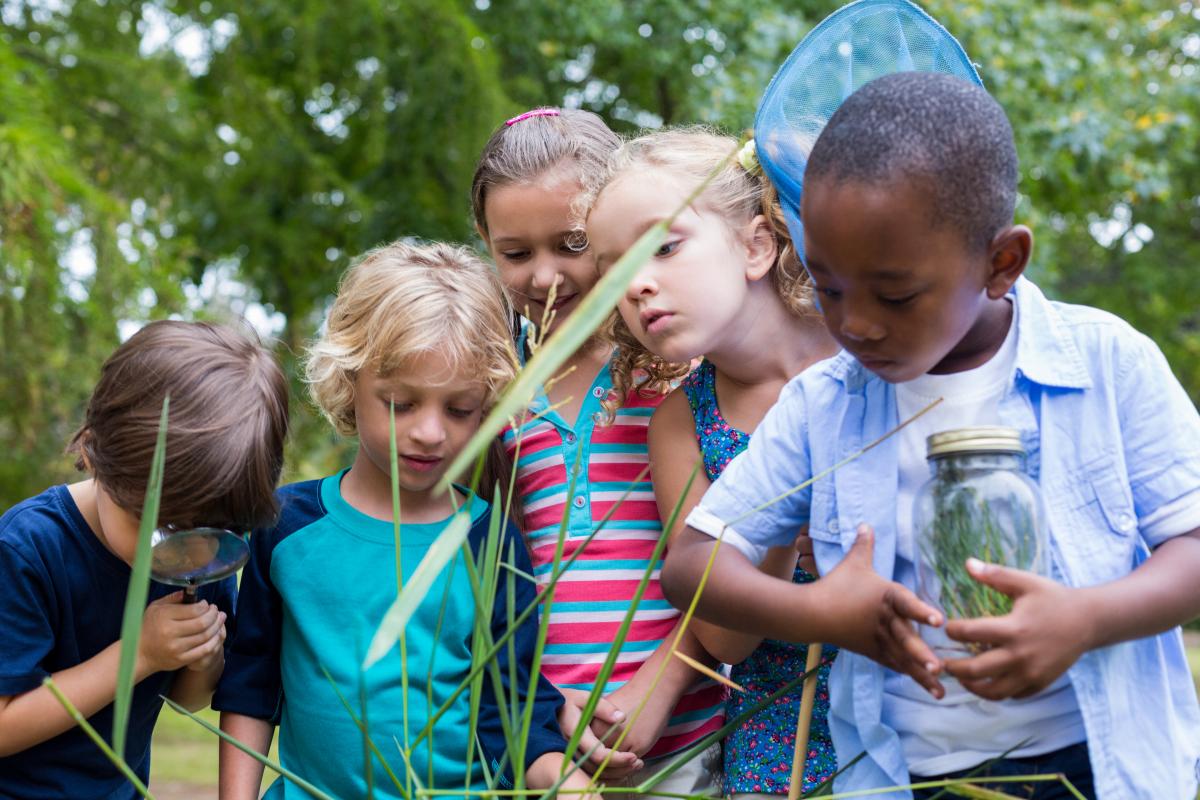2023 Theme and Strands

Conservation and Environmental Education
Achieving conservation goals through education, communication, social marketing, and ecotourism strategies, including public participation in scientific research and place-based community action
Sessions appropriate to this strand address such topics as:
- Integrating education strategies into the broader practice of conservation
- Increasing equity and inclusion in the conservation movement
- Current research and case studies on behavior change as it relates to conservation education
- Successful collaborations between conservation educators, scientists, resource managers, and practitioners in all formal and nonformal education settings, from rural to suburban to urban, as well as wild spaces, public lands, and beyond
- Successful tools, approaches, and educator preparation for bringing community-based science to classrooms and community improvement projects
- Education strategies for addressing specific issues such as climate change, habitat loss, energy, water, ocean conservation, and food systems

Green Schools, Universities, and Vocational Institutions
Using environmental education to transform education, enhance student achievement, prepare students for green careers, conserve resources, support national and international education trends, link schools and communities, and build support for environmental education in formal education
Sessions appropriate to this strand address such topics as:
- Green Schools as a pathway to service learning, student leadership, civic engagement, outdoor learning, and other effective education practices
- Exemplary initiatives for greening the campus and the curriculum, including school learning gardens and landscapes, facilities management practices, district and administrative commitments, and student involvement
- Advancing the Green Schools movement worldwide, including Green Ribbon and other recognition programs
- School-community partnerships that support and promote project-based learning and civic engagement
- Integrating EE into preservice teacher preparation and in-service professional development
- Preparing a workforce with vocational skills for green careers

Connecting with Nature
Cultivating partnerships and providing accessible outdoor education experiences that connect people of all ages and backgrounds to nature
Sessions appropriate to this strand address such topics as:
- Early childhood environmental education and nature preschools
- Developing outdoor programs that are inclusive, relevant, and provide equitable access for all
- The restorative power of nature during challenging times
- Creating and using parks and other green learning spaces in urban, suburban, and rural areas
- Outdoor programs that promote physical or spiritual health and wellness and that build a sense of place and cultural relevancy in urban, suburban, and rural communities
- Using the arts to explore people’s connections to nature

Linking Research and Practice to Increase Impact
Using research to inform how we design, develop, refine, and promote environmental education programs for maximum effectiveness, and using practice to inform research
Sessions appropriate to this strand address such topics as:
- Cutting-edge research that is important and relevant to all environmental educators
- Connecting research and practice; applying what we know to what we do
- Strategies for evaluating and improving environmental education programs, including culturally responsive evaluation
- Developing shared outcomes that allow us to better measure our collective impact and using research results to influence decision makers and demonstrate the value of EE
- Research and case studies about the benefits and challenges of learning and teaching in outdoor settings and in a culturally relevant context
- What the pandemic has taught us about virtual learning and engagement

Building Leadership for Environmental Literacy
Strategies for building leadership and infrastructure to advance EE at the state, provincial, national, and global levels, and for motivating the public to take informed actions to protect the environment and address social and economic disparities
Sessions appropriate to this strand provide training in such areas as:
- Creating a more inclusive, equitable, and accessible field
- Strengthening organizations that deliver and coordinate EE, especially on the local, state, provincial, and regional levels
- Cultivating and supporting leadership in EE
- Building our capacity to deliver effective, relevant environmental education with and for our diverse audiences
- Leading efforts to link environmental education and civic engagement
- Setting, achieving, and maintaining professional standards of excellence